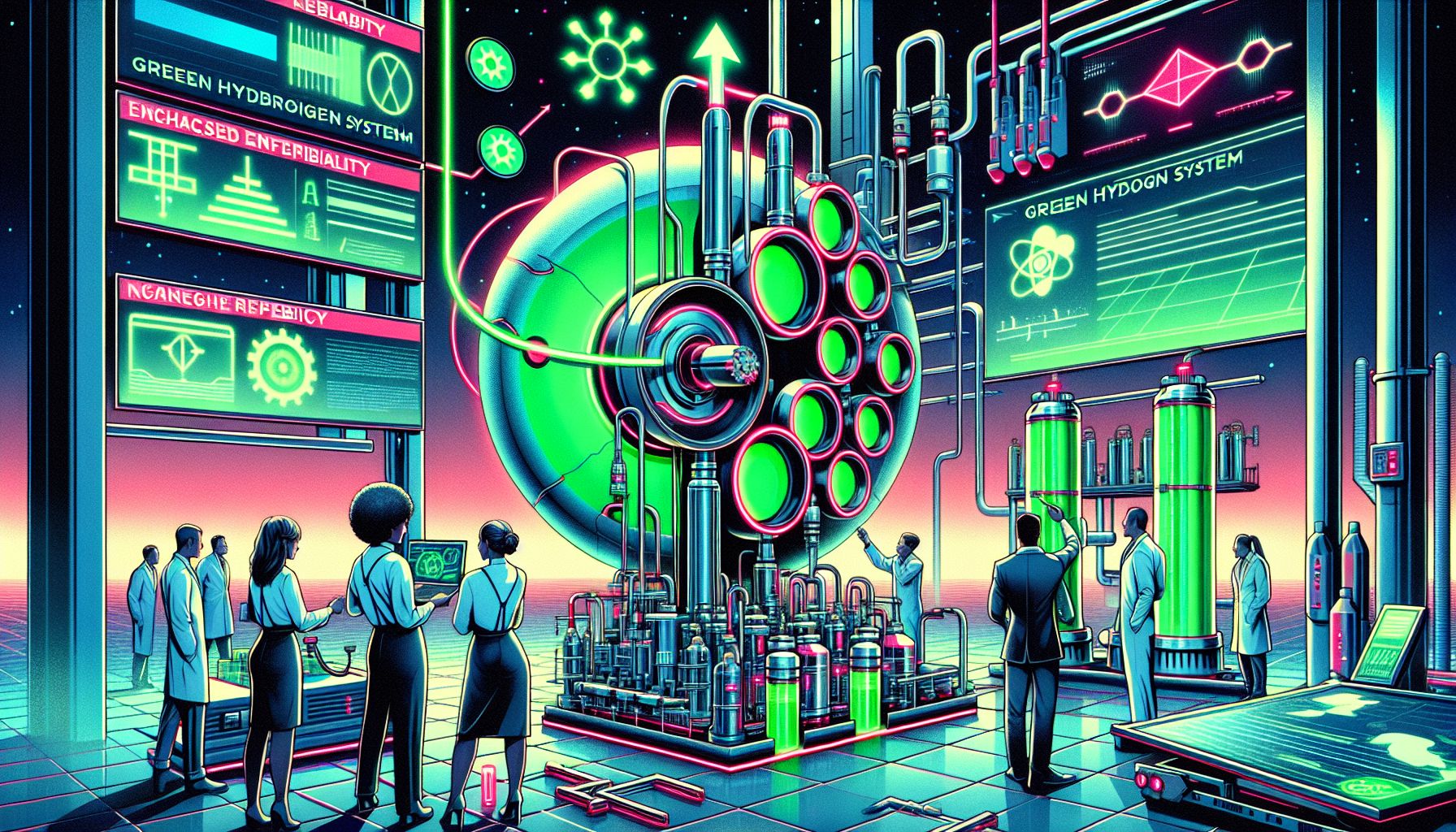New Breakthrough in Hydrogen Safety and Efficiency

London, Sunday, 19 October 2025.
Researchers enhance green hydrogen systems’ reliability, addressing safety and efficiency gaps. This is crucial for hydrogen’s role in sustainable energy transition, solving global energy challenges.
The Importance of Reliability in Hydrogen Systems
In the race towards sustainable energy, hydrogen has emerged as a promising contender, but its journey isn’t without hurdles. Recently, researchers have taken significant strides to enhance the reliability of hydrogen production systems. These efforts are pivotal in addressing the safety and efficiency gaps that have long plagued the hydrogen sector [1]. By focusing on a green hydrogen prototype, the study employs advanced probabilistic techniques, such as Fault Tree Analysis and Bayesian Networks, to identify and mitigate potential risks [1].
Unveiling Critical Components
The study reveals some fascinating insights into the critical components of hydrogen systems. It turns out the switch, regulator, and electrolyzer are under the spotlight, each with unique importance factors that dictate their reliability levels [1]. Interestingly, components like solar panels and anemometers showed zero impact, which either indicates their high reliability or perhaps a need to refine the modeling approach [1]. It’s like finding out your car’s air freshener is the most reliable part—it’s surprising and a little amusing!
The Balance Between Safety and Innovation
Safety is paramount when dealing with hydrogen, given its flammable nature and the historical incidents associated with its use [2]. The study doesn’t just stop at identifying risks; it also provides a dynamic prognostic tool to update risk assessments in real time as new data becomes available [1]. This approach ensures that hydrogen systems are not only safe but also capable of evolving with technological advancements. Imagine your smartphone updating its safety protocols automatically—it’s the future we all want!
A Step Towards Sustainable Energy
Hydrogen is often hailed as the fuel of the future, capable of addressing our energy concerns with minimal environmental impact [3]. The ongoing research and development in this field are crucial to unlocking its full potential, ensuring that hydrogen can be produced efficiently and safely at scale. As more studies like this one surface, they pave the way for a future where hydrogen plays a central role in our energy landscape [4].